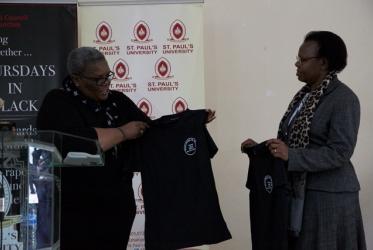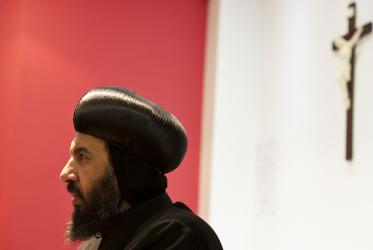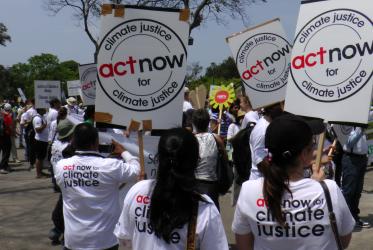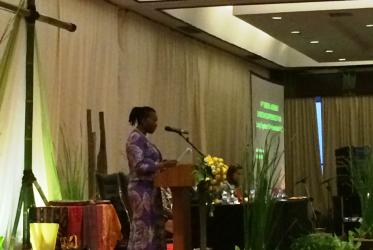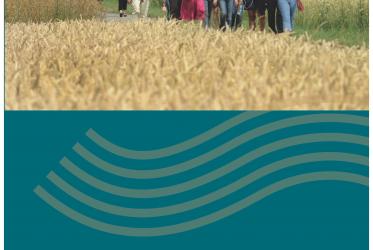Displaying 881 - 900 of 1129
Joint efforts to fight violence against children
18 June 2015
Churches' “prophetic voice” will be busy in 2015
18 June 2015
WCC Annual Review 2014
28 April 2015
Gender sharpens mission conversations
21 April 2015
Addressing the HIV threat through education and training
23 February 2015
WCC advisory group to promote gender justice
05 December 2014
Marianne Ejdersten appointed as WCC director for Communication
03 December 2014
Nathan Söderblom opened a new chapter in history of churches
10 November 2014


